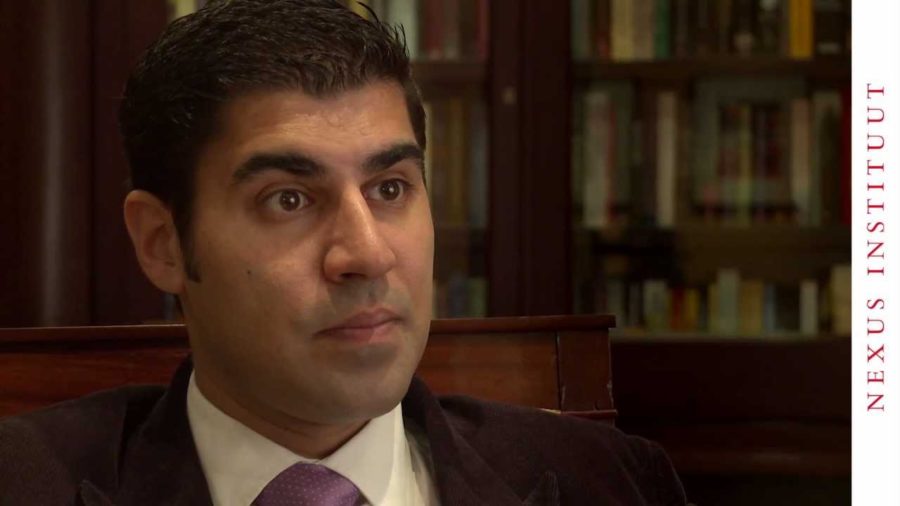Parag Khanna: So what should the future ideally look like? That’s a very big question. I think the future is actually many futures, it’s not just one thing. We have this notion that ever since we’ve been able to see the Earth from the outside and because we now have a dialogue around issues like global consciousness, a collective environmental fate, a world economy, the possibility of nuclear war, as if there is one future. But for most people on an individual level most the time, their future still feels very different from that of other people. We live in a world, for example, of enormous income inequality, right. So even though there is a global economy, it certainly doesn’t feel like one’s sort of day-to-day fate or destiny is linked to those of people around the world, even if it is in very invisible kinds of ways. So the notion that there is one future is very difficult to sort of absorb and to sort of deal with and come to terms with.
So I think we might be moving closer in that direction. A hundred years ago these kinds of issues around a global environmental system and a global security order and so forth were very difficult to fathom and weren’t really part of day-to-day discussion. So we’re getting closer and closer to the idea that there is one future, but I think we’re still probably a long way away from it.
If your question is what should it look like if there were one future, I have my own views of course about how the world should not be governed by the sacrosanct principle of national sovereignty based on juridical principles, but rather on different kinds of communities that demonstrate the capacity for responsibility, whether those are agrarian communities and villages, whether they are Internet-based cloud communities. Whichever kinds of identities and networks exist that allow people to fulfill themselves should be part of what we enable and empower people to achieve and to strive for.
Eveline van der Ham: So what would your advice for the next generation be?
Khanna: So, my advice to the next generation, what you might call Generation Y or even Generation Z—today’s toddlers—is certainly to realize that they have a capability to explore the entire world much more than ever was the case before. And that the physical limitations are really diminishing. Our generation and our parents’ generation grew up in a world that was very politically divided. It was very difficult to cross certain borders, if not impossible.
Today those borders are really coming down. There’s almost really not a single country in the world left that you’re not allowed to go to, that you can’t get access to. All societies are opening up in varying degrees to globalization, which is the spread of ideas, of technology, of economics, of supply chains. So it is really remarkable that this generation can really experience the world and form an impression much more broadly than their parochial context in which they’ve grown up. I think that’s extremely important, to explore that as much as possible.
The other thing is that the expectations around certain career trajectories have really changed. One used to grow up and say, “Well, I have to study to be a doctor or in banking or medicine or law,” in these rigid kinds of ways. And today we find that there’s enormous amount of creativity and scope for creativity that that’s possible. And that very successful people today are those who have some experience in the private sector, some experience in the public sector, some experience with civil society organizations, all at the same time. Or even forming bridges across those to pursue certain goals, certain objectives, whether they’re noble humanitarian missions or whatever the case may be. So I think that is another example of how there’s so much potential for young people today.
Further Reference
How to Change the World?, the 2012 Nexus Conference event page
